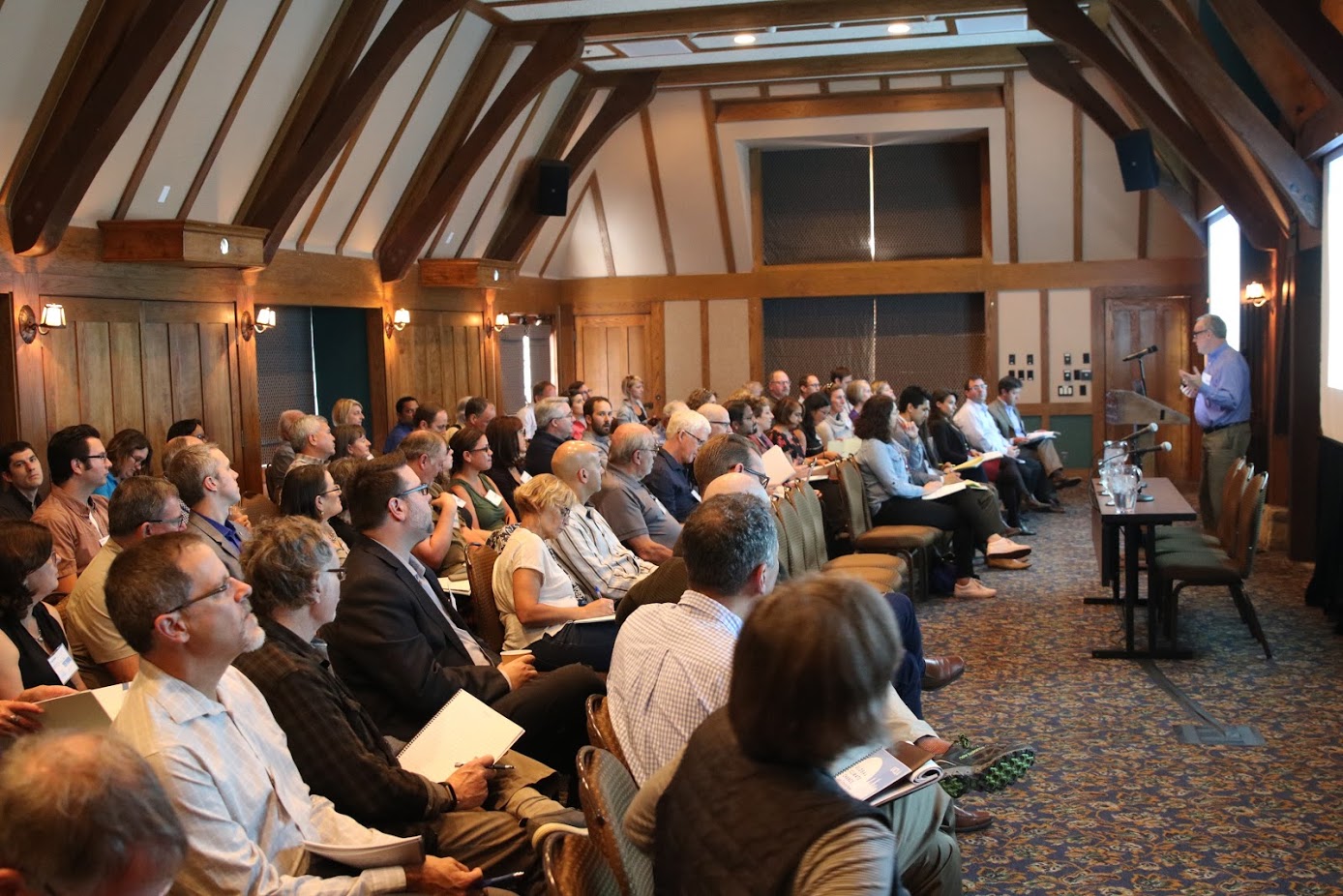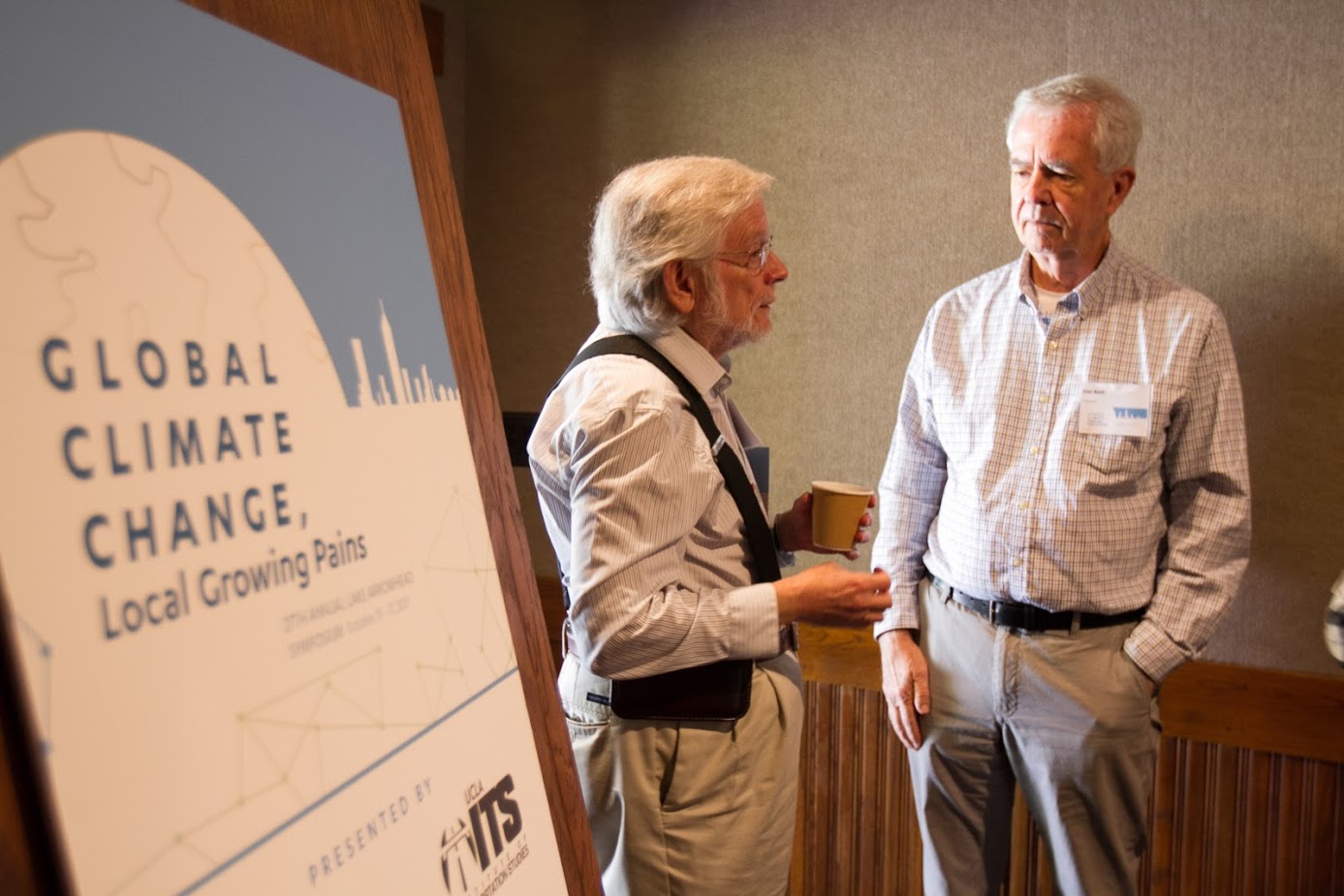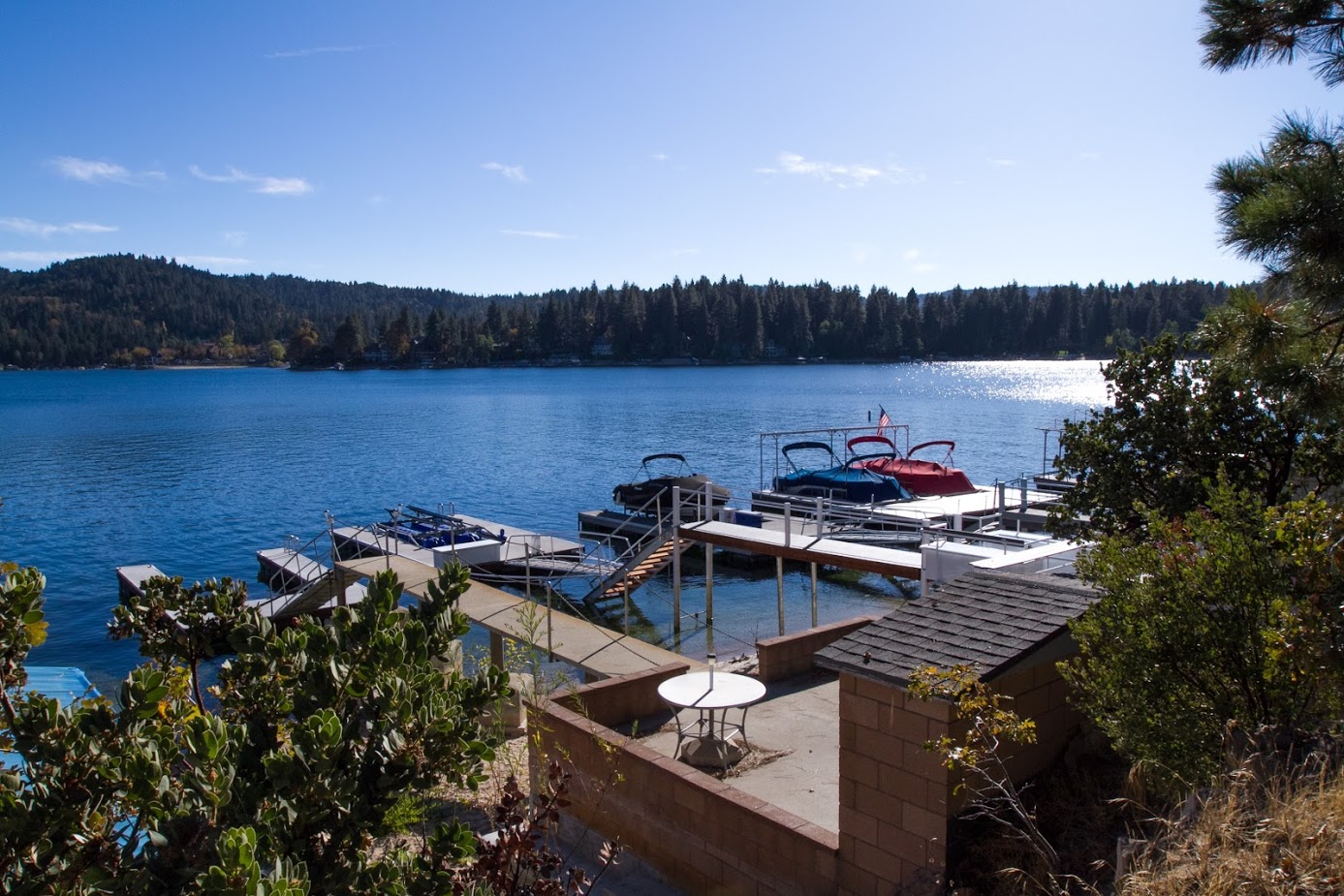Global Climate Change, Local Growing Pains
The increasingly concerning effects of climate change demand urgent action. One proven way that our society could reduce harmful greenhouse gas emissions is to accommodate population growth in cities, where research shows residents leave smaller environmental footprints. Yet cities around the country, and especially in coastal California, face enormous housing shortages. Residential development lags so far behind demand that policymakers speak of a housing market that is again in crisis, not from the foreclosures and cratering mortgages of recent years but from scarcity and staggeringly high rents. Old planning frameworks which predate our understanding of global climate change now stymie efforts to accommodate the high urban housing demand in effective, efficient ways. How to overcome these challenges and build for sustainable growth in this context was the focus of the 2017 UCLA Lake Arrowhead Symposium from Sunday, October 15 to Tuesday, October 17th.
Living with the housing stock and infrastructure of the past is limiting—residents have fewer options for housing and transportation than they might need to live sustainably. Building denser and more comprehensive neighborhoods is a challenge in the areas where the cost of land is prohibitive and where parochial interests preclude the public benefits of more housing and managed growth.
But new budget realities and emerging knowledge about the costs of infrastructure use may change the calculus of cost in housing and transportation and result in different housing choices. More severe weather from a changing climate is already changing housing preferences and policies in some coastal areas. As choices change and neighborhood needs shift, it is critical to consider how climate goals can be achieved equitably and housing needs can be met justly for all.





